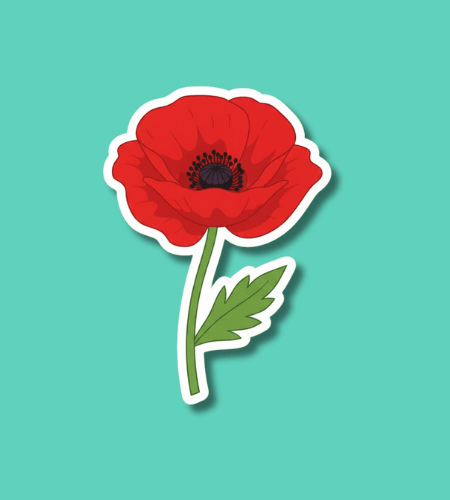Every year on November 11, Remembrance Day honors all those who have served—and especially those who have died—in the Armed Forces of Commonwealth countries. It’s a day of solemn reflection, gratitude, and national unity.
Table of Contents
History of Remembrance Day
The origins of Remembrance Day go back to the armistice that ended fighting on the Western Front during World War I. The ceasefire came into effect on the 11th hour of the 11th day of the 11th month in 1918, marking the end of one of the most devastating wars in modern history.
The first official observance was held in 1919 and was originally called Armistice Day. Over time, the name and meaning evolved. In many countries, it became known as Remembrance Day to honor not only the fallen of World War I but also those who served and died in subsequent wars and conflicts.
Why is Remembrance Day important?
On this day I take a moment to reflect on how personal sacrifice becomes part of a larger collective memory. So many gave their lives so that others could live with dignity and peace. Remembrance Day gives us the space to recognize that bravery and to ensure it’s never forgotten.
It’s not just about looking back. Remembering also calls us to act—with empathy, with gratitude, and with a renewed sense of purpose. It reminds us to value peace, to acknowledge the costs of conflict, and to teach younger generations why remembrance still matters.
- It honors those who served—and those who did not return
- It invites communities to pause together and reflect on shared history and loss
- It reminds us that freedom, safety and peace often rest on unseen commitments and human cost
- It encourages us to pass forward the story of service, so younger generations understand
- It emphasizes that remembrance is about more than rituals—it’s about values and memory
How to Celebrate Remembrance Day
Participating in Remembrance Day can be quiet, simple, and deeply meaningful. One of the most widespread traditions is observing a moment of silence at 11 a.m., marking the time when the guns fell silent in 1918.
You might attend a local memorial service, place flowers or a poppy wreath at a monument, or simply take time to read about those who served. If you know someone who is a veteran or has lost a loved one in service, a message or conversation can mean a lot.
- Observe a two-minute silence at 11 a.m.
- Wear a remembrance poppy or another meaningful symbol
- Visit a war memorial or cemetery and reflect quietly
- Share a story of someone who served and what they meant to you
- Support veterans or their families through donations or volunteer efforts
Remembrance Day Dates Table
| Year | Date | Day |
|---|---|---|
| 2026 | November 11 | Wednesday |
| 2027 | November 11 | Thursday |
| 2028 | November 11 | Saturday |
| 2029 | November 11 | Sunday |
| 2030 | November 11 | Monday |
Subscribe to our newsletter and never miss a holiday again!

